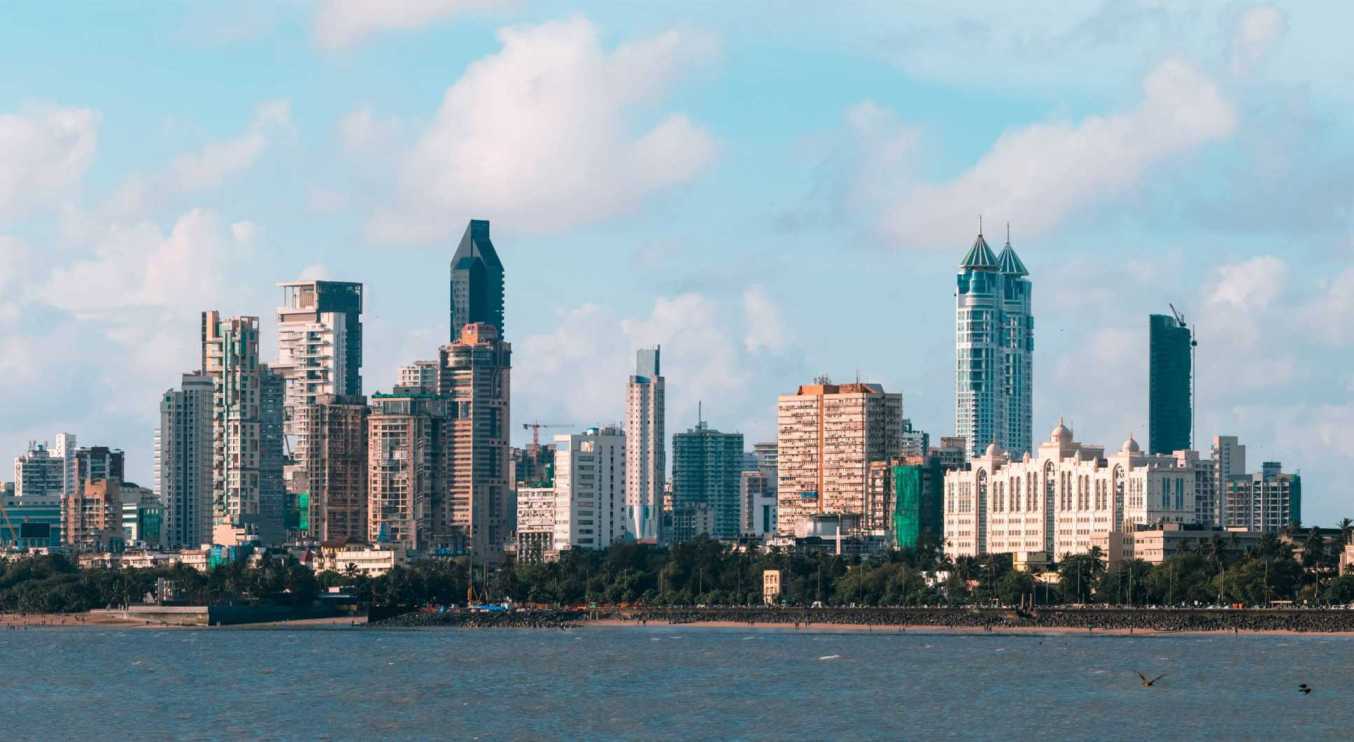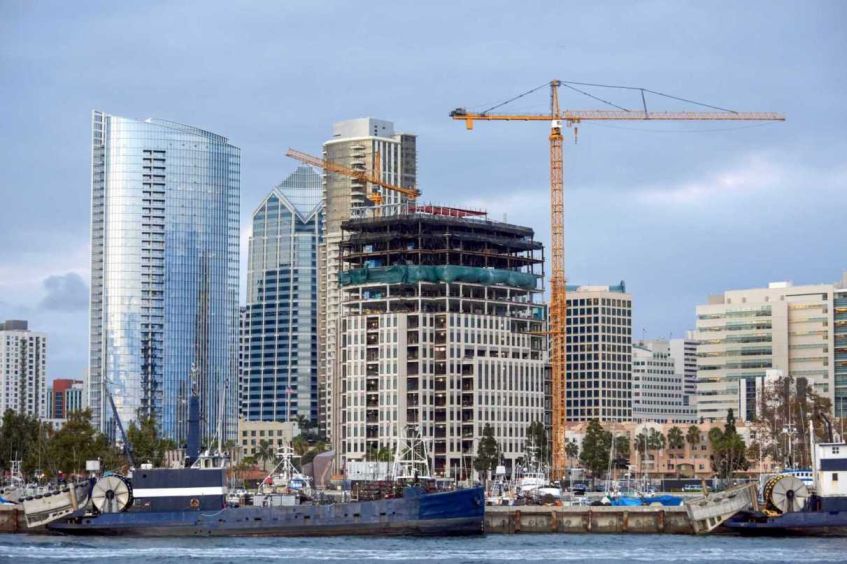

Upto 14-20% Returns Per Annum T/C* Applied*
Popup Title
This is a popup message.
- bharat agarwal
- Merger-and-Acquisition
NCLT: A Comprehensive Guide on Its Role, Powers, and Case Management in India
The National Company Law Tribunal (NCLT) plays a critical role in the corporate landscape of India, serving as a forum for resolving company-related disputes, insolvency cases, and other corporate governance matters. Understanding the structure, function, and powers of NCLT is essential for businesses, investors, and legal professionals. In this blog, we’ll explore what NCLT is, how it operates under Indian law, and how individuals and corporations can file claims or check the status of ongoing cases.
What is NCLT?
NCLT, or the National Company Law Tribunal, is a quasi-judicial body in India that adjudicates matters relating to company disputes, insolvency, and bankruptcy cases. Established under the Companies Act of 2013, NCLT has replaced the former Company Law Board (CLB) and works under the purview of the Insolvency and Bankruptcy Code (IBC), 2016.
NCLT Full Form and Importance in Company Law
The full form of NCLT is National Company Law Tribunal. In company law, NCLT holds the authority to resolve matters related to the mismanagement of a company, the revival of sick companies, and, most importantly, insolvency resolution. It is a vital component in the regulatory framework that allows for the efficient handling of corporate disputes and insolvency cases in India.
What is NCLT in India?
In India, NCLT was established to simplify corporate legal matters and offer a single platform for resolving issues related to insolvency, liquidation, company mismanagement, and mergers & acquisitions. The primary objectives of NCLT include:
1. Handling insolvency cases filed under IBC.
2. Resolving shareholder disputes.
3. Approving mergers, acquisitions, and corporate restructuring.
4. Deciding on matters related to the winding up of companies.
Powers and Functions of NCLT
NCLT has broad-ranging powers. It can:
1. Order the reopening of a company’s books if fraud is suspected.
2. Review and approve mergers and acquisitions.
3. Handle the insolvency process for defaulting companies.
4. Grant approval for changes in financial restructuring.
NCLT’s powers also extend to handling disputes related to shareholder grievances, corporate governance failures, and misconduct by company directors.
How to File an NCLT Claim?
To file a claim in NCLT, you need to follow these steps:
1. Prepare the Necessary Documentation: Compile all relevant documents such as financial statements, legal contracts, and claims.
2. E-Filing: You can file claims through the NCLT e-filing portal. Make sure you have an advocate or authorized person who can present your case in front of the tribunal.
3. Pay the Fees: Each type of case has a filing fee. The payment should be made online while filing.
4. Submit Your Petition: After uploading the documents, submit the petition to the appropriate NCLT bench.
How to Check NCLT Case Status?
To check the status of an NCLT case, follow these steps:
1. Visit the official NCLT portal or use the NCLT case tracking system.
2. You can check the status by providing specific details such as:
- Party name: Search NCLT case status by party name.
- Case number: Enter the unique case number for updates.
3. You can also search NCLT case status party-wise to track cases based on the parties involved.
NCLT Mumbai Case Status and Display Board
The NCLT Mumbai bench handles a significant number of insolvency and bankruptcy cases. To check the NCLT Mumbai case status, you can:
1. Use the NCLT display board available online or at the tribunal for daily updates on ongoing cases.
2. Visit the NCLT e-filing portal and track the status using the case number or the party's name.
NCLT Delhi Case Status and Orders
Similarly, the NCLT Delhi bench also provides the facility to check case status online. You can search for NCLT Delhi case status via the NCLT’s website by entering the case number or party name.
For recent judgments, you can access NCLT daily orders online, where case outcomes are published each day. This helps parties and lawyers stay updated with the latest tribunal rulings.
Powers of NCLT: What You Should Know
Some of the most significant powers of NCLT include:
1. The ability to initiate insolvency proceedings under the Insolvency and Bankruptcy Code (IBC).
2. The authority to decide on the revival of companies and liquidation processes.
3. Power to resolve company law disputes, including mismanagement and oppression.
4. The authority to transfer cases between benches if needed.
NCLT Mumbai and Delhi: Major Benches in India
The NCLT Mumbai and NCLT Delhi benches are among the most prominent in the country due to the volume of corporate and insolvency cases they handle. Each bench has jurisdiction over companies within its territory and can pass orders that are binding across India.
How to Check NCLT Orders and Judgments
You can access NCLT orders through their official portal. This includes decisions related to corporate insolvency cases, mergers, or other company law matters. Additionally, using the NCLT case status by party name, you can track the daily progress of your case.
What is IRP in NCLT?
An IRP (Interim Resolution Professional) in NCLT is a person appointed to manage a company undergoing insolvency proceedings. The IRP takes control of the company’s assets, operations, and finances during the insolvency resolution process. They are responsible for ensuring that the insolvency process is conducted in an orderly manner under the supervision of NCLT.
Conclusion
Understanding the powers and functions of NCLT is crucial for navigating the complexities of corporate disputes, especially for real estate companies and investors. From resolving insolvency cases to handling corporate restructuring, NCLT plays a vital role in India’s corporate governance. For anyone involved in a corporate dispute, understanding how to file NCLT claims, check NCLT case status, and track daily orders is essential for effective case management.
Also Read : Auction Properties In Delhi-Ncr






